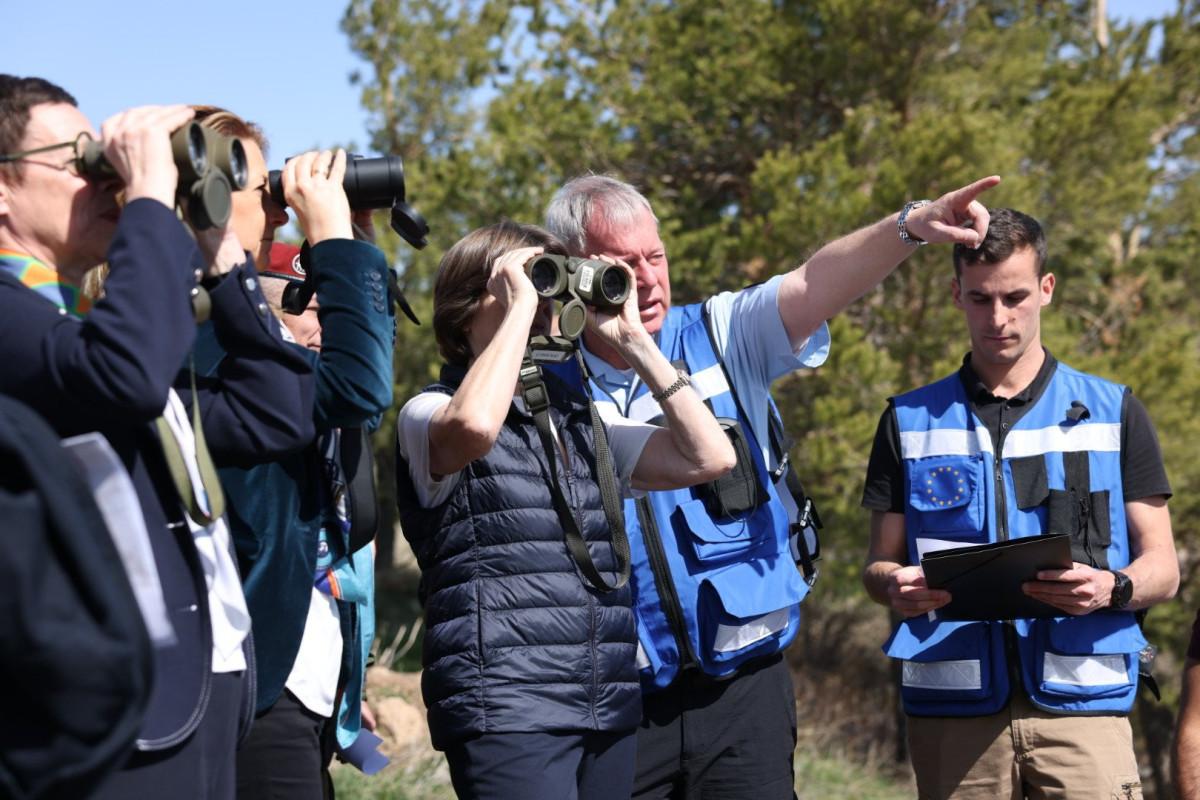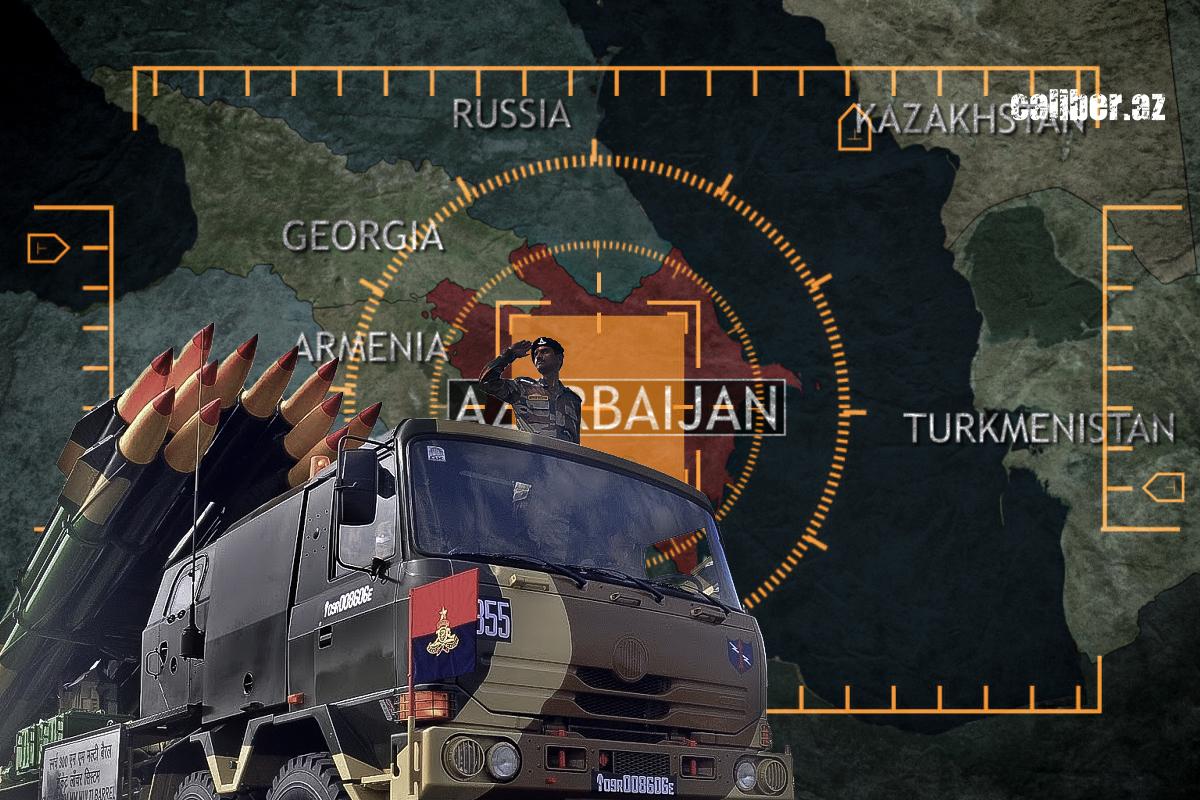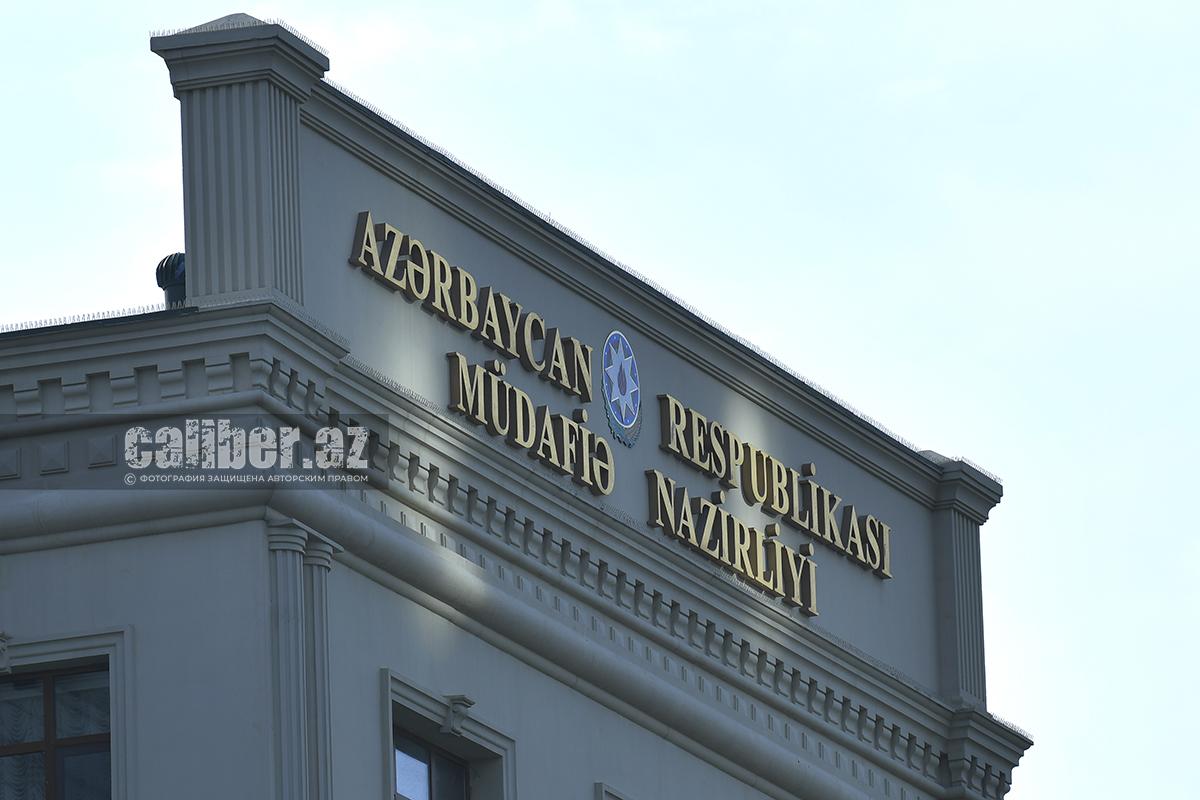European Peace Facility spurs Armenia’s armament drive Brussels’ deadly gamble
Brussels has decided to allocate €10 million from the European Peace Facility (EPF) to Yerevan for military purposes. What potential impacts could further militarization of the region have?
War and peace: Distorted reflections of Western politicians
On July 22, the European Council approved €10 million ($10.8 million) in aid from the EPF directly for the Armenian Armed Forces. As is common with Western politicians, this funding is presented under the guise of "security and stability," purportedly to support military expenditures. This rhetoric increasingly resembles Orwellian doublespeak, echoing the dystopian slogan "Peace is War." The aid is also said to enhance Armenia's military collaboration with EU forces in preparation for possible international missions and operations. Additionally, it is claimed that the funds will be used solely to purchase "a complete tent camp for a battalion-sized unit."
The planned modular camp will reportedly include a medical centre and various amenities. But how much could such a camp realistically cost? According to a U.S. Army equipment supplier, army tents range from $500 to $10,000 each, depending on size and model, with a tent typically housing up to 40 people. A military tent can house up to 40 people. For example, a 5-person tent from the US Army RDD model costs approximately $2,000. To accommodate a battalion of 400 personnel, around 80 such tents would be required, totalling roughly $160,000. Additional costs for stoves, beds, field kitchens, and a medical centre would further increase the expenditure. Nevertheless, a budget of $10.8 million for such a field camp seems excessively high.
Echoes of imperial ambitions
Armenia is poised to make more significant military acquisitions from European partners. In September 2023, during her visit to Yerevan, then-French Foreign Minister Catherine Colonna revealed that Paris was preparing to sign an arms deal with Armenia. "I would like to publicly announce that France has agreed to future contracts with Armenia, enabling the supply of military equipment to bolster its defence capabilities," Colonna stated. "However, I am unable to provide further details at this time."

A month later, Paris and Yerevan signed an agreement on bilateral military cooperation. As of today, some details are already known. In October 2023, an agreement was reached on the delivery of three Ground Master (GM200) radars (detection range - 100-250 km), Mistral MANPADS and night vision devices. At the same time, there was no information about the supply of armoured vehicles to Yerevan. However, soon more than 20 French Bastion APC armored vehicles headed for Armenia were photographed in the port of Poti. The press reported that these armoured vehicles were originally intended for Ukraine. Soon the deliveries of 24 Bastion to Armenia were also confirmed in a report in the French Senate, presented by Socialist Hélène Conway-Mouret and Republican Hugues Sary. The same senators reported that 26 more such armoured vehicles should be delivered to Armenia in the future. The speakers recommended thinking about providing the Armenian army with CAESAR SAU, which proved itself well during the war in Ukraine.
Moreover, according to the definition of the French Minister of Defense, the supplied weapons are allegedly of exclusively "defensive nature" and in no way "can be used for aggression". However, even the above-mentioned French senators emphasize the relativity of the division of weapons into "defensive" and "offensive": "The French authorities initiated the delivery of "defensive" weapons to Armenia. This distinction between defensive and offensive weapons is not really very practical, as the war in Ukraine has shown. Let us not repeat the same mistakes and delay the delivery of equipment that was needed from the very beginning. That is why we must respond promptly to all requests from the Armenian authorities, especially with regard to their need for artillery".
Previously, Emmanuel Dupuis, Director of the Institute for Prognostics and Security in Europe (IPSE), discussed the potential delivery of VAB MK3 armoured personnel carriers to Armenia, along with the possibility of acquiring Sherpa armoured vehicles. In February 2024, French Defense Minister Sébastien Lecornu, during a visit to Yerevan, mentioned that France could provide Armenia with air defence missile systems of various ranges and offer training for Armenian anti-aircraft gunners.
France also announced plans to reform the Armenian military. Initially, Armenian forces will be strategically aligned with French military standards. Subsequently, French Army Operational Training Detachments (OTDs) will be deployed to Armenia to provide training in infantry tactics, mountain warfare, and precision shooting. Additionally, a military attaché has been appointed to the French Embassy in Yerevan, and Armenian cadets will be sent to French military academies for further education.
Since 2022, India has also been supplying significant quantities of arms to Armenia. A contract between New Delhi and Yerevan includes the provision of Pinaka MLRS, ammunition, and anti-tank missiles, valued at $244.7 million.

Recently, Armenia has seen a significant surge in its military budget. In 2022, military expenditures ranged between $700-800 million. This increased to $1.2 billion in 2023, with a planned budget of $1.4 billion for 2024. Thus, Yerevan’s military spending has nearly doubled in just two years. Does this escalation indicate a genuine pursuit of peace by Armenian authorities? Western politicians have also been involved in questionable "peacekeeping" efforts. The European Peace Fund, created in March 2021, aims to "finance actions within the common foreign and security policy to prevent conflicts, maintain peace, and bolster international stability." Given the ongoing global conflicts and the looming threat of escalation into a broader war, the effectiveness of this "peace fund" is debatable. Notably, the European aid to Armenia was initiated by former French Foreign Minister Catherine Colonna during her visit to Yerevan.
In supporting Armenia’s militarization, Paris appears to be advancing its own interests, potentially at the cost of others’ lives. French authorities seem to be attempting to counterbalance a severe internal crisis by evoking memories of past imperial power. Additionally, French politicians are engaging with the Armenian lobby and courting the votes of France’s 600,000-strong Armenian community. Moreover, the fueling of new conflicts and the supply of arms yield significant profits for French arms manufacturers, who benefit from exporting weapons to other nations. This trend aligns with growing calls in Paris for a shift toward a "war economy."
Right to self-defence
The Azerbaijani government has responded critically to the EU's decision to provide military aid to Armenia. Aykhan Hajizada, spokesperson for the Azerbaijani Foreign Ministry, condemned the move, stating, "France's recent provision of Bastion armoured vehicles and Caesar self-propelled artillery systems to Armenia, coupled with the EU's decision to send military aid, represents a misguided and hazardous step that exacerbates regional tensions." He characterized the EU's action as "one-sided and biased," further contributing to the "division" in the region. "We firmly oppose the European Council's decision and demand full transparency regarding the nature of the assistance provided," Hajizada added.

The Azerbaijani Ministry of Defense has issued a statement condemning recent actions by international actors that it believes could incite further conflict. The Ministry highlighted concerns over U.S. military exercises in Armenia, French arms supplies, and the European Union’s decision to allocate €10 million in military aid to Armenia through the European Peace Fund. According to the Azerbaijani Defence Ministry, these developments suggest preparation for renewed hostilities against Azerbaijan and encourage provocative behaviour from Armenia.
The Ministry warned Armenia and its allies to avoid creating new conflict zones in the South Caucasus. It stated, "If such provocative actions against our country persist, Azerbaijan will respond with appropriate defensive measures using all available resources."
The ongoing policy of Armenia's forced militarization is clear. The €10 million aid, initially earmarked for military tents, can easily be redirected toward acquiring advanced weaponry from France and India. While the current French supplies may not be state-of-the-art, and the aid amount itself might seem modest, this is merely the beginning. This support is likely to embolden Armenian nationalists and perpetuate their revanchist stance. It is evident that, with such external backing, Armenia will persist in its territorial claims against Azerbaijan. Baku remains firm in its belief that peace and cooperation are the only viable solutions in the region and views any form of military aid as exacerbating the conflict.
The views expressed in guest op-eds are those of the authors and may not align with the editorial stance of the publication.








